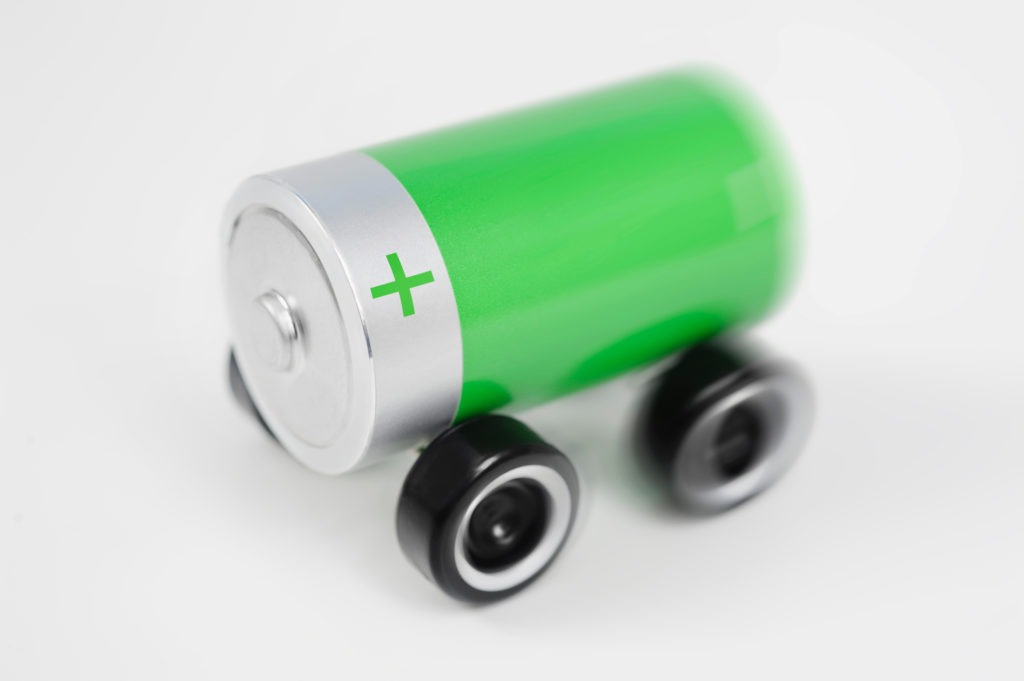Solid-state battery electric vehicles could be available from 2025
12 March 2018

12 March 2018
The Renault-Nissan-Mitsubishi Alliance is working to produce an electric car that will use solid-state batteries as early as 2025.
The move to the technology will allow the manufacturing group to take advantage of a potential game-changing component in the electric vehicle (EV) market. Solid-state batteries offer a number of advantages over current lithium-ion technology, including the ability to hold more power and charge faster, meaning longer journeys and less time waiting between.
A number of companies are working on the technology with plans to bring them to market within vehicles. Toyota is developing solid-state batteries in-house, while vehicle supplier Continental is also looking for a European base where it can build its products. Meanwhile, the UK’s Faraday Institute is also looking to research the technology as the country aims to be a leader in electric vehicle development.
′The technology promises huge advantages over current lithium-ion batteries in cost, density and thermal stability,’ Gilles Normand, Renault’s head of electric vehicles, told the Financial Times. ′There are many challenges, but we are making very good progress with the aim of getting it to market before 2030, and by 2025 if possible.’
Development of the technology may aid the take-up of electric cars, with consumers still wary of the market. Currently, less than 1% of the global automotive sector is made up of EVs, with vehicle cost and range anxiety chief concerns amongst buyers.
However, vehicle manufacturers are increasingly turning to electric development in order to ensure they meet stringent emission targets by 2021, with stricter rules set to come into force after this period to 2030. This is thanks in part to the collapse of the diesel market, which emits less CO2 than petrol-powered vehicles. As electric technology is not able to offer a credible alternative, consumers leaving diesel are instead flocking to petrol, a move that has seen CO2 levels rise in both the UK and Germany during 2017.
The Renault-Nissan-Mitsubishi Alliance invested in Ionic Material, a start-up working in solid-state technology, earlier this year, using money from its new $1 billion (€813 million) venture fund intended to back innovations.
The move to become the first company to offer solid-state battery technology is a poignant one for the Renault-Nissan-Mitsubishi Alliance. The group was the first manufacturer to offer a mainstream EV, the Nissan Leaf, which is still considered a market leader. The Japanese manufacturer launched its second generation model during 2017.